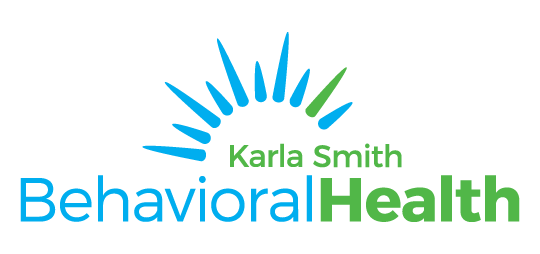THE GOOD NEWS
by TOM SMITH
The bad news about mental illness hit me with turbulent waves of confusion, anger, frustration, and disappointment. I tried to duck the waves by reading about her bipolar disorder, checking on-line for clues about her illness and how to treat it. I gradually learned more, and that helped me but her life got no better. Finally, with medication and therapy, she leveled off well enough to go back to college. In the end, however, my daughter’s illness once again battered her life and she died by suicide three credits short of her graduation.
That’s our bad news. Many other families dealing with mental illness have similar endings, whether suicide is involved or not. These brain disorders cause emotional havoc, and I see that fear, unresolved confusion, and desperate longing in the dull eyes of people sitting around our support group conference table. Those waves that came for me keep coming for others as well, for millions of people around the world. After all, there are plenty of raging waves in this ocean of mental illness. And we all live on a rocky, jagged coast line with swirling piles of towering seas pounding our homes, threatening to sweep us out into the perilous ocean. I lived that frightened life, as do millions of others.
The good news is that just a mile or two up the coast, around a bend, in a cove, there are calm waters, welcoming sand, and warm weather. The threatening ocean is tamed by the changed environment and living on that beach is a relief and a joy. Life is in balance. The same sea that ravaged our souls and tormented our hearts is replaced by the gentle waves of realistic hope and the steady rhythm of a managed mental illness, of recovery, of balance.
The good news is that mental illness can be controlled, if not cured. Recovering is a reasonable goal. A psychiatrist I respect told me that the tragedy of a brain disorder is not the disorder itself but that too many people don’t believe that it can be managed effectively. In fact, he said, in many cases it is easier to manage mental illness than most other diseases. To get to the calm and sunny beaches along the ocean of mental illness four things are needed: effective medication, enlightened therapy, well-researched education and a supportive network of family and friends. When those four pillars are in place, the whole family, including the person with the disorder, has a high probability of living a balanced, healthy and happy life. I believe him.
Those four pillars presume that the person with the illness and the family accept that there is a mental illness and everyone is willing to work together to achieve balance and recovery. Those are hurdles that I, too, had to overcome. It is not easy or obvious when you are in the middle of the pounding waves. For example, I didn’t accept the depth of her initial depression. I gently urged her to get out of bed and I kept my cool while I was with her. But after I left her bedroom, I was mad and frustrated that she didn’t get up and get happier. I knew I couldn’t force her to feel better but I thought I could persuade her to fight off her sadness and find her normal, positive and energetic self. She could do it if she really wanted to.
I discovered much later that, at times, she could not do it. I also discovered much later that those four pillars were available once the acceptance was in place.
The good news is that there are millions of people in our society who do live with a brain disorder and they do very well. I say that because the National Institute on Mental Health estimates that one in five people will have some form of chronic or temporary mental illness in their life. That’s 64 million people in the USA and 1.5 billion in the world! You probably know someone who has or had symptoms of a clinically diagnosed mental health problem. You likely don’t know that they have this diagnosis because the illness is being managed. And that is good news, indeed.
Does the good news about mental illness outweigh the bad news? I don’t know but my guess is that it depends on what part of the shoreline you stand on. What I do know is that we at Karla Smith Behavioral Health want to usher as many people as possible from the thundering waves and jagged rocks of confusion, anger, frustration and disappointment up the coastline, around that bend where there are calming waves and gentle sand on a beach called Recovering.
If you have comments or questions about these columns, please email Tom Smith at tom.smith@karlasmithbehavioralhealth.org.
To learn more about the services of Karla Smith Behavioral Health go to www.karlasmithbehavioralhealth.org.
